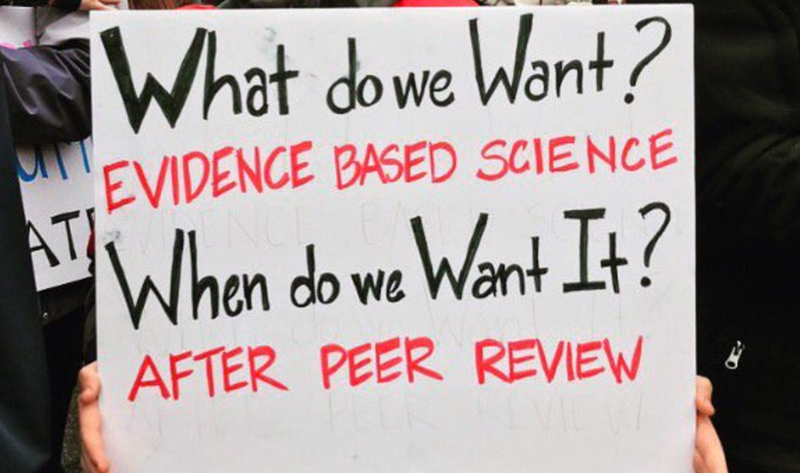
The Library has 30,000+ volumes of circulating and reference books for you to use. Student ID is required to check out books. Off-campus use of databases requires your student ID number and password. We also subscribe to a number print journals and newspapers and 1000's of online resources including e-Books, CINAHL, JStor, and Gale databases.
All of these items are easily accessible from the Library homepage.
The Library is also staffed by knowledgeable people who can help you during all your steps of research. If you're ever stuck, send us a chat, text or email, or come into the library during regular hours and we'll help you out.
A college library is usually quite different than what you are used to. Here the majority of our books are organized using the Library of Congress call numbers and there are different collections. There are thousands of resources available electronically and we have different physical areas to read, study with friends, take a break, or take a nap.
Books are a great place to start to gather general information, as well as find other resources by looking to the bibliography and end notes or works cited. Checking the index is an easy way to find out if the book covers the topic you are interested in. Unless a book is an obvious work of opinion or has been self-published, they are generally authoritative.
Books are considered secondary sources, sources that are written after the fact as an analysis or presentation of an event or topic.
Some books, such as diaries, can be considered a primary source. Other examples of primary sources include original data gathered from medical studies, official government records, photographs, letters, newspapers, interviews, artifacts, and artwork. In the late 20th and early 21st centuries, electronic communication has become very common. That means that today's primary sources can also be social media posts (texts and images), emails and text messages.
See our Databases page to access our journals via Gale Databases, JSTOR, PubMed, or the Directory of Open Access Journals.
Scholarly journals, such as the "Journal of American History," published by Organization of American Historians, are written for researchers, professors, students and experts in a particular scholarly field. The articles are reviewed by a group of "peers," people in the field who possess knowledge of the topic under scrutiny. They are are often very narrow in scope. The articles will frequently contain standard elements: abstract (summary), literature review, research methodology, etc.
Open Access Journals are most often scholarly as well, but are published on an open-access platform, meaning there is no paywall to the information and it is shared freely. Often they are published under a Creative Commons License meaning the author receives no royalties, and only asks for proper credit and citation.
Professional journals, like "Forbes"or "Advertising Age", are written for specific fields or industries. Advertising is focused to that field or industry. Articles are reviewed by a general editor.
Popular magazines, like "Newsweek," "Sports Illustrated," or "Consumer Reports," are designed to attract a wide audience. Articles follow no specific format, and there is often lots of advertising.

